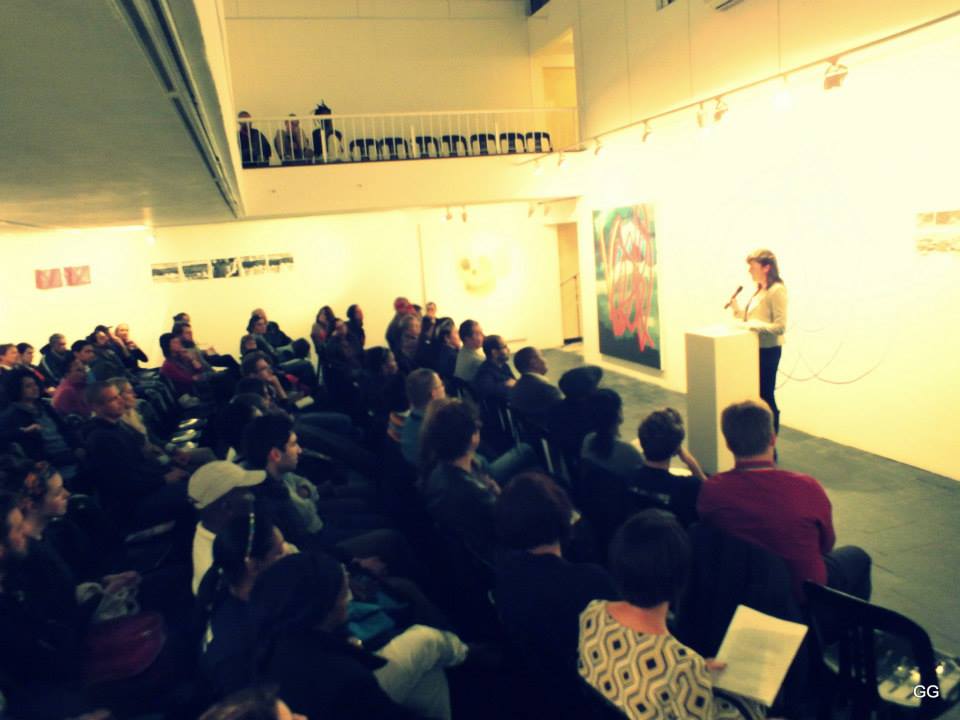R2K KZN Statement: #DataMustFall – R2K Marches on Cell C
On Thursday 29 June 2017, to mark the end of Youth Month, the Right2Know Campaign in KZN will march on Cell C in Durban to demand a reduction in the costs of data. This follows similar marches on MTN and Vodacom on World Press Freedom Day this year, and on the International Right2Know Day in 2016 respectively. It is particularly worthwhile to note that young people continue to suffer from the high cost of communication – a major issue when it comes to their right to access information and freedom of expression.
The march is meant to amplify R2K’s call on telecommunications companies to stop ripping off the people of South Africa and bring down the cost of communications, as well as for ICASA (the regulator) to take regulatory action to force these corporates to bring down costs. In light of parliament’s failure to rein in the profiteering companies, R2K resolves to continue exerting non-violent direct action on the cellphone companies until the costs of data have fallen.
Whilst Section 161b. of our Bill of Rights gives everyone the freedom to receive or impart information or ideas, for many people this right only exists on paper, even though 82.9% of South Africans have cellphones that could make our right to communicate real. R2K believes that everyone should get a free basic amount of airtime and data in the same way that we have free basic water and electricity. All SMS’s should be free as they cost the operators almost nothing to transmit. SMS and data bundles should not expire if they are unused for a specified time period.
Further, cellphone companies must improve the quality of service, including network outages, dropped calls, calls that don’t connect, and data coverage. The range of numbers that are free to call (like the police and ambulance) should be increased to our children’s schools and hospitals.The interconnection rates, rates that a cellphone network charges another network to connect and terminate its calls on that network, are excessively high.
Profiteering by the cellphone companies makes communication expensive for the majority of people. The major challenge is that cellphone services have been privatised. The market is dominated by an oligopoly which sets the terms of trade for the rest of the industry.
R2K believes that a big part of the solution lies in a bottom-up approach like that of Zenzeleni Networks, a model for community-owned telecommunications, where any community can provide themselves with voice and data communications at a fraction of they are currently paying. Through this model, the community of Mankosi in the Eastern Cape has built and maintains its own telephone and internet “company”, which offers free local calls and calls to other networks at half the cost of commercial rates. Data costs a tenth of the market price.
Sadly, potential competitors including community owned service providers like Zenzeleni are hampered by ICASA’s policy of only issuing Mobile Virtual Network Operator (MVNO) licences to applicants who have a “piggyback” deal with one of the cartel members – in effect giving veto power to the incumbents. R2K demands that all MVNOs have unconditional access to bulk prices on any network of their choice.
While we welcome ICASA’s recent admission that their regulation of the wholesale prices (interconnection rates) have failed to reduce communication costs and their commitment to review and strengthen these regulations in the coming months, words need to be followed by quick, concrete action.
Young people are the majority in South Africa and have the highest rate of unemployment. Access to data is essential to their education and employment, as well as their right to be informed citizens. We urge youths to look to community telecommunications networks as a path to self-connectivity and empowerment.



